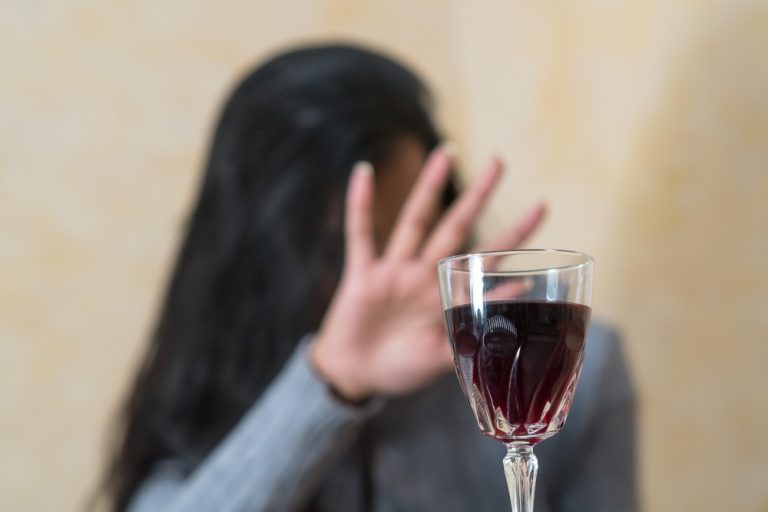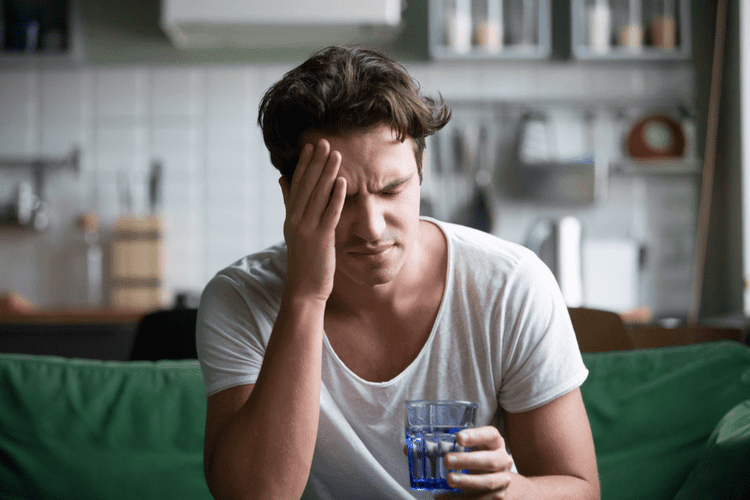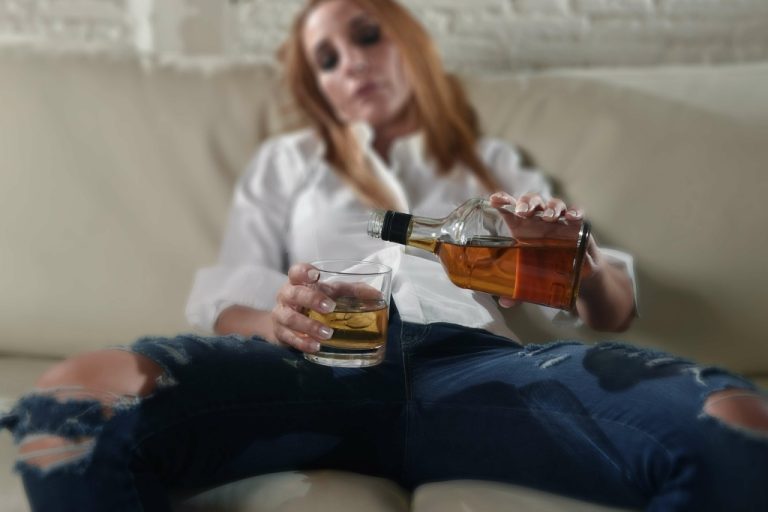Content
If you want to retake the reigns without fear of judgement or penalisation, we’re here for you. Calm Rehab is also able to offer a full range of dedicated services for the treatment of psychological trauma as well as mental health problems including depression and anxiety. FDAP are a support network for those who work in the addictions treatment sector, providing their members with quality assurance and high quality CPD.

While we are very serious about treating addiction and trauma, we also believe that the rehab experience should be balanced and enjoyable, creating lasting memories. In addition to providing a highly effective drug and alcohol rehab program we are also proud to announce the launch of a pioneering program specialising in the treatment of gambling disorder. This is one of the only evidence-based residential treatment programs in the world incorporating specialist gambling support. Whether it’s for you or someone you love, choosing where to seek alcohol treatment, what type of care you need, and what daily life will look like post-treatment can make the process seem even more challenging.
Continuing Care for Alcohol Addiction
Others may find that they would benefit from moving from an outpatient to an inpatient program due to previously unforeseen challenges. This means that most people who become addicted to alcohol will be unable to stop drinking without some form of help. You can learn to live a sober life, free from the chains of addiction. After the initial assessment, you’ll go through the detoxification process. Detox is the process of removing drugs or alcohol from your body after prolonged use. Though this can be a difficult process for some, it’s important to cleanse your body of these substances so that you’re ready both physically and mentally for the work that lies ahead in rehab.
- For over 20 years Dr. Umhau was a senior clinical investigator at the National Institute on Alcohol Abuse and Alcoholism of the National Institutes of Health (NIH).
- Disulfiram is a medication focused on relapse prevention by reducing the body’s ability to process alcohol, resulting in uncomfortable side effects such as nausea, headache, vomiting, and chest pains.
- Sometimes, an individual may acknowledge they have a drinking problem on their own.
- The suicide rate has risen in nearly every state from 1999 to 2016, with that rate increasing by more than 30% in half of all 50 states since 1999.
Group members, led by a therapist, discuss their progress, challenges, and experiences with addiction recovery. Some groups focus on specific phases of recovery (i.e., withdrawal or relapse prevention), while others provide support for people who have mental health concerns (i.e., social anxiety disorder or difficulty managing anger). We offer inpatient and outpatient treatment http://www.storyroom.ru/miscstory/5696-chem-poxmelatsa.html programs for members with more severe problems with alcohol or drugs. Specific details can vary, but programs typically involve a combination of individual and group therapy, educational sessions, and self-help and peer support meetings. If you’re tired of letting alcohol urges control your life, enroll in one of the programs at our men’s alcohol rehab center.
Starting the Process of Recovery
In many states, insurance companies and Medicaid now cover “telehealth” services. They can be particularly useful in locations with few addiction health professionals. There are even accredited, all-telehealth alcohol treatment programs. Every treatment process will be different for each individual based on their needs and abilities; however, most treatment journeys will involve either inpatient, outpatient, or a combination of both levels of care.

Due to the high risk of addiction to Benzodiazepines, they are usually not offered past the detox stage. The Betty Ford Center was established in 1982, with Betty Ford—”the First Lady of Recovery”—bringing http://www.svich.com/articles.php?articleId=1913 unprecedented visibility to the problem of drug addiction and the promise of treatment and recovery. With extended use of alcohol or other drugs, your body becomes accustomed to the substance.
Client-centered approaches
Prior to admission, a trained Addiction Admissions Coordinator assesses each client. Upon admission to the facility, the client is then evaluated by our medical team and, if warranted, placed in either our Alcohol or Drug Detoxification Program, or directly into our Alcohol and Drug Residential Treatment Program. These assessments form the basis of the client’s individualized addiction treatment plan. Our team also begins working on a continuing care plan with clients on day one of residential treatment so that everyone’s focus is on long-term sobriety. It can be difficult to diagnose a co-occurring disorder, as the symptoms of each are complex and vary. When entering treatment for one disorder, patients often do not receive the treatment they need for their additional disorder.
- Aftercare is an important part of the recovery process that begins once an alcohol addiction treatment program has been successfully completed.
- Ambulatory detox is usually offered in conjunction with day-time treatment.
- As a dependency builds, the brain and body will crave more and more of the substance to maintain and achieve the pleasurable feelings that consuming alcohol provides.
- Being aware of the warning signs of alcohol abuse can help you to recognise if your alcohol consumption, or that of a loved-one, has crossed the line.
Inpatient vs. outpatient is an important consideration to make when choosing a treatment program. The decision ultimately comes down to your availability and finances. Can you afford to stop everything in your life for inpatient treatment? If you need to maintain your job and other commitments, outpatient alcohol treatment and drug rehab might be the best option for you. Inpatient treatment at a hospital or medical center isn’t as common as it used to be, but these programs make sense if you have serious medical or mental health issues. That often includes medicine to help ease symptoms as well as care for medical and mental health conditions.
This comprehensive effort is designed to ensure that all who heal with us are prepared to experience continued success long after they have completed their time in our care. Treatment is where you gain the tools to stay sober and gain an opportunity to learn about yourself. If you answer ‘yes’ to two or more of these questions, you may want to reassess your drinking habits or reach out to a professional for help.
This percentage was almost identical to the state average of 13.7% during the same time period. Among the top five cities in Texas, Dallas-Fort Worth had the second-highest death rate. The 2018 Department of Housing and Urban Development’s (HUD) Point-in-Time Count reported approximately 552,830 homeless individuals in the United States, the equivalent of 17 of every 10,000 U.S. residents. This number represents a decrease of 4.1% since 2014 when the number of homeless persons in the U.S. was around 576,450.
Alcohol Rehab Treatment Medications
The ADRC is also accredited by the Ohio Department of Alcohol and Drug Addiction Services (ODADAS), the federal Substance Abuse and Mental Health Services Administration (SAMHSA) and the federal Drug Enforcement Administration (DEA). Addiction medicine is about more than just clinical care — it’s about acceptance and understanding. http://eizvestia.com/sport/2021/07/11/makgregor-slomal-nogy-i-proigral-boi-pore/ This is a place where you can be honest about your substance use and what you want to do about it. You may experience occasions when you’ve ended up drinking more than you thought you would or for longer than you’d planned. This isn’t just the time spent consuming alcohol, but also the amount of time it takes to recover.


